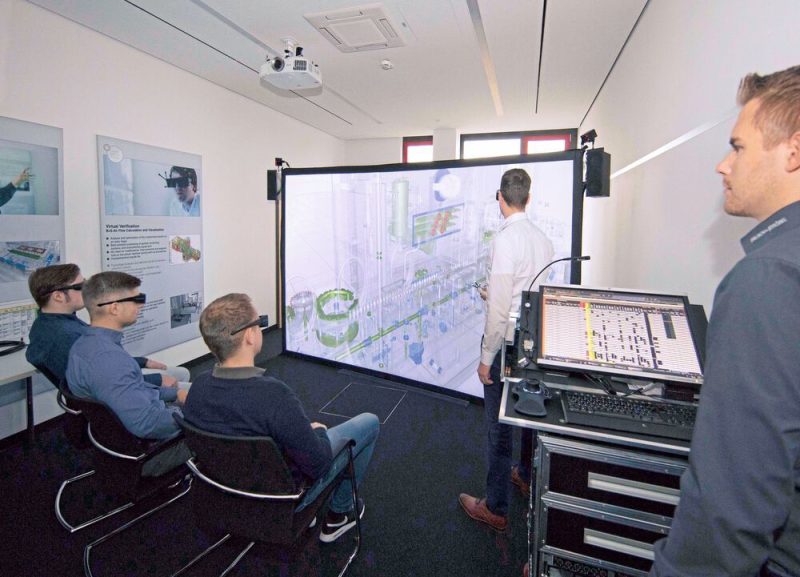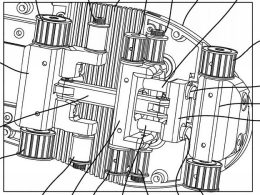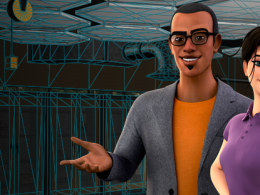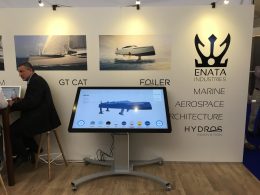Virtual reality opens up new avenues for the maintenance of pharmaceutical plants and the procurement of spare parts. CSL Behring and Bausch+Ströbel use VR and 3D models to optimise spare parts management at the Marburg sterile filling plant.
A meeting room with a large screen onto which a bottling machine is projected in three dimensions. A group of young men stand in front of it, 3D glasses in front of their eyes, intensely engrossed in conversation. Concentrating, they walk through the machine together step by step, looking at drive shafts, filling needles, servo motors and other parts. Normally, all of this is hidden under stainless steel.
Today, however, Jan Bieker and his colleagues Patrick Elsässer and Daniel Siebert, employees of the pharmaceutical company CSL Behring, have no problem taking a close look at the technology, servomotors, drive shafts and other components under the cover of the substructure, opening the doors to the sensitive filling area and scrutinising the filling system.
Workshop in the VR Centre
The three are participants in a workshop being held at the speciality machine manufacturer Bausch+Ströbel in Ilshofen, which is the manufacturer of the filling and packaging line depicted on the screen. In reality, this machine is located in a clean room in Marburg and fills high-quality therapeutics into syringes or vials.
At the moment, however, Daniel Siebert is not standing in his clean room at home, but in the Bausch+Ströbel Virtual Reality Centre in front of a large screen on which he can view the system in its original size using 3D glasses and also operate it with special controllers. "I've never seen the system this closely before"he explains enthusiastically.
Virtual instead of real
The workshop at the system manufacturer is intended to help optimise the maintenance and spare parts management of the fully automatic filling and closing systems. After all, every hour of machine downtime costs the company money. "It becomes really expensive if we don't manage to process a finished active ingredient in the specified time - and, for example, a batch of high-quality medicine has to be discarded because it has been standing for too long."explains plant engineer Jan Bieker. He is responsible for the availability and productivity of the systems in Marburg and knows that, in the worst-case scenario, damage can run into the millions.
Source: www.process.vogel.de









